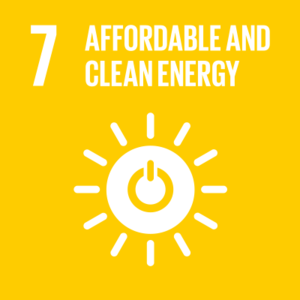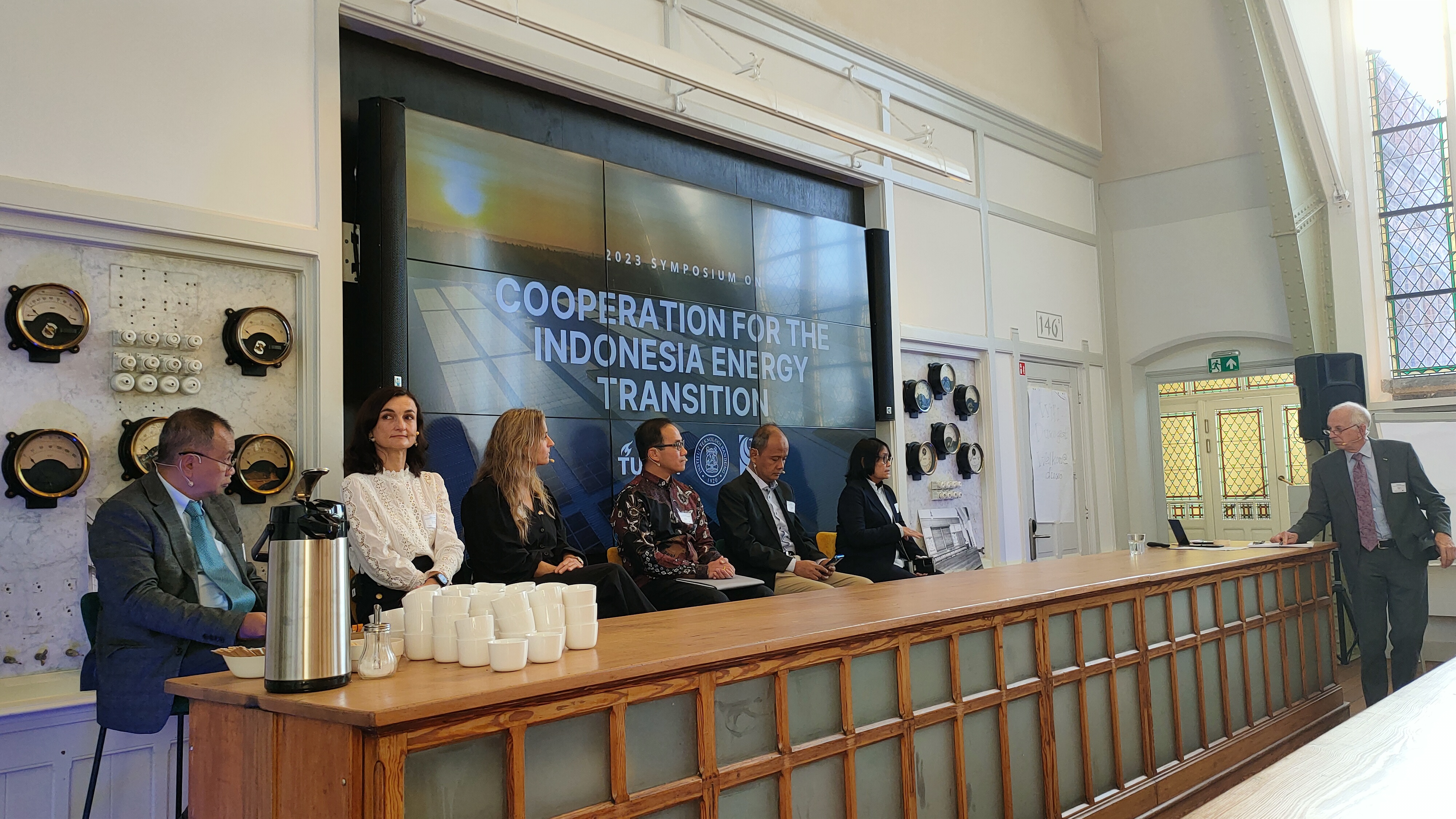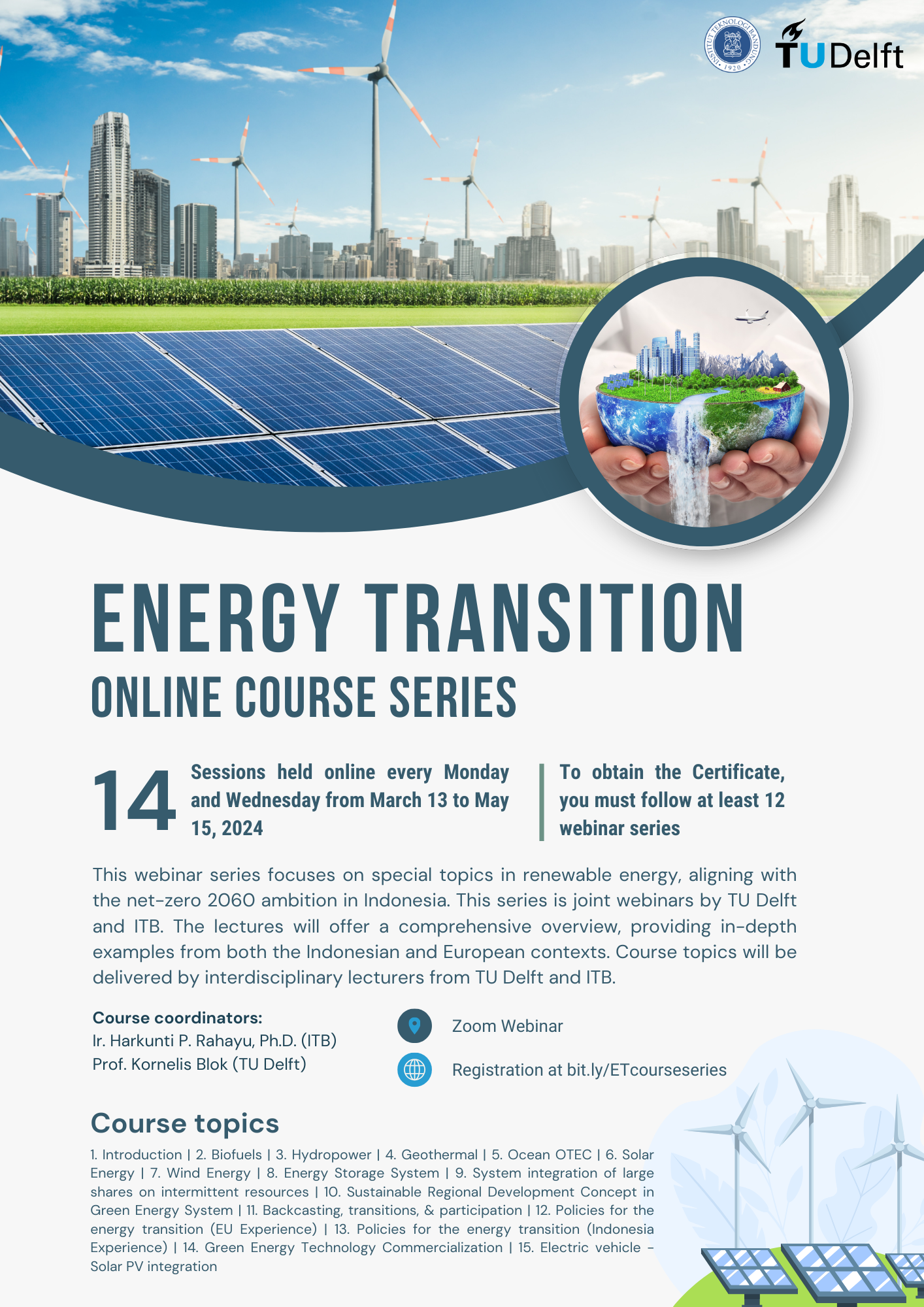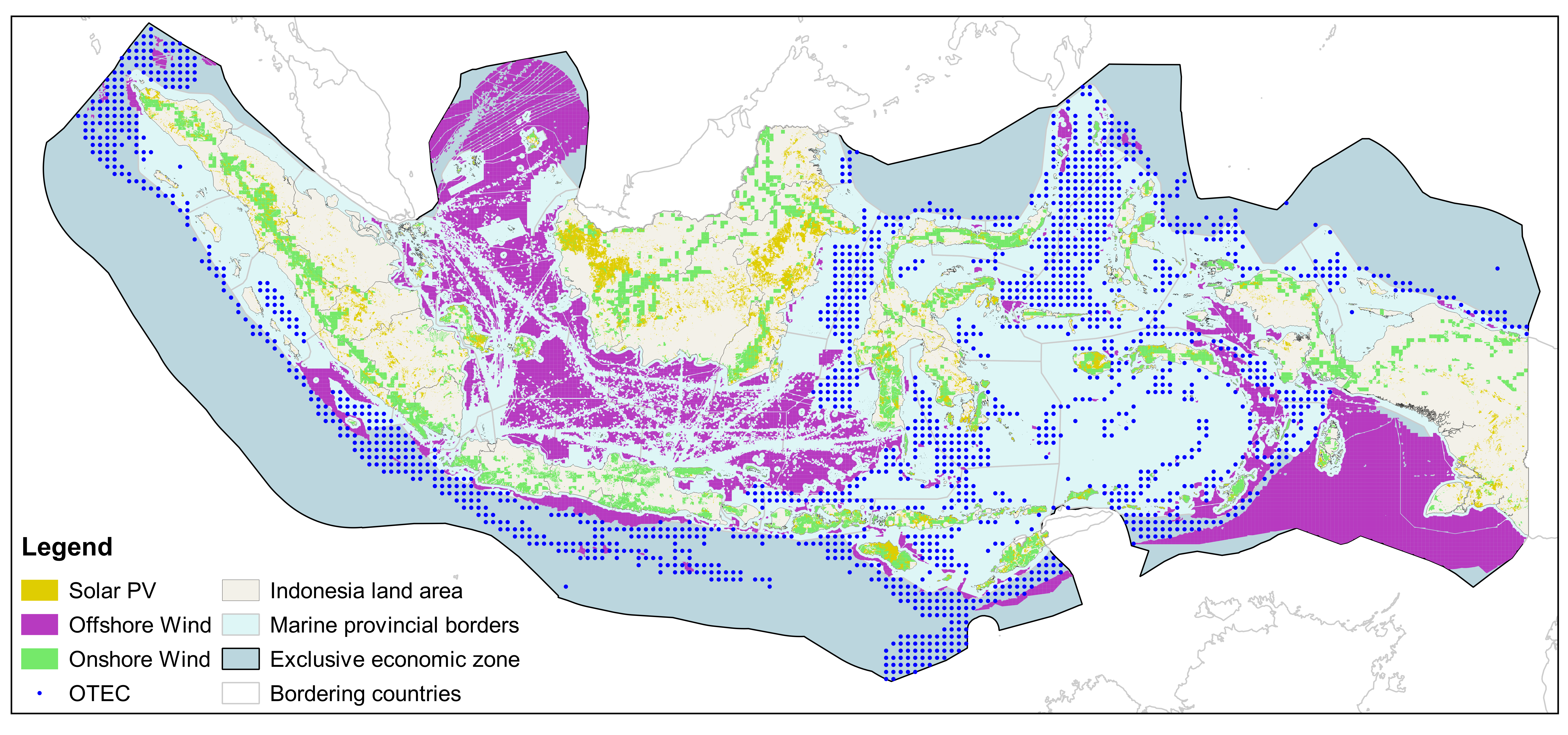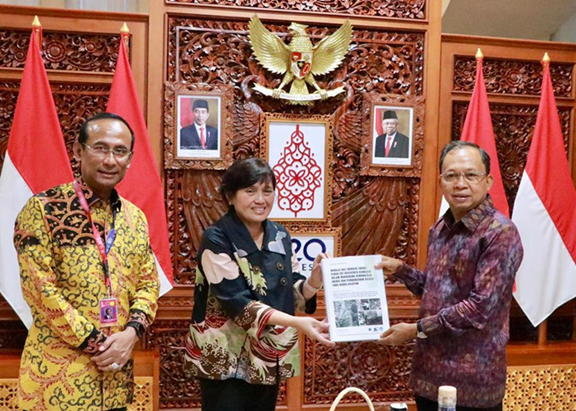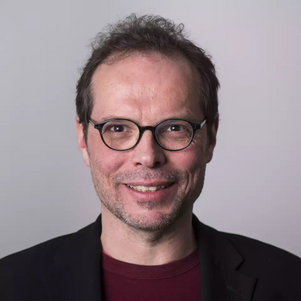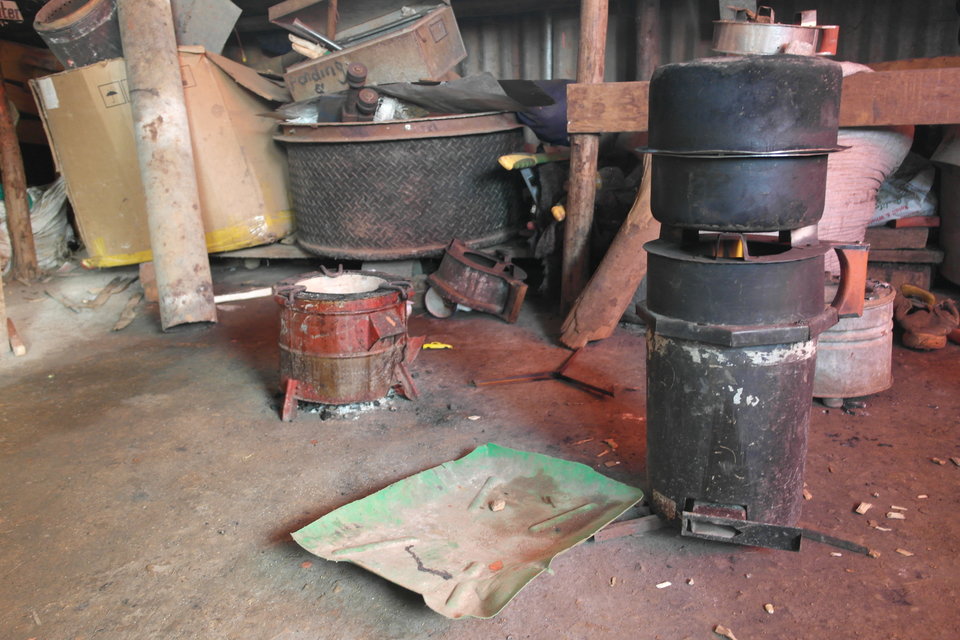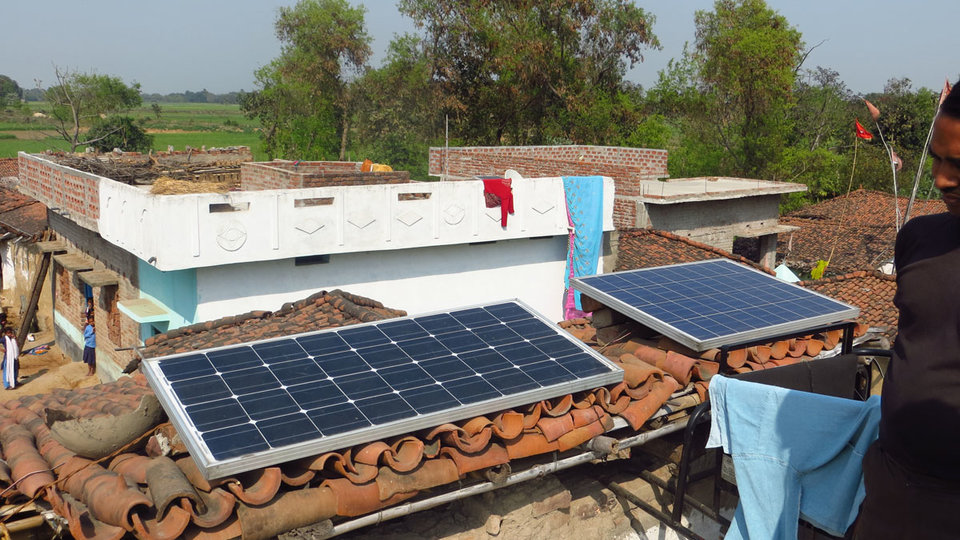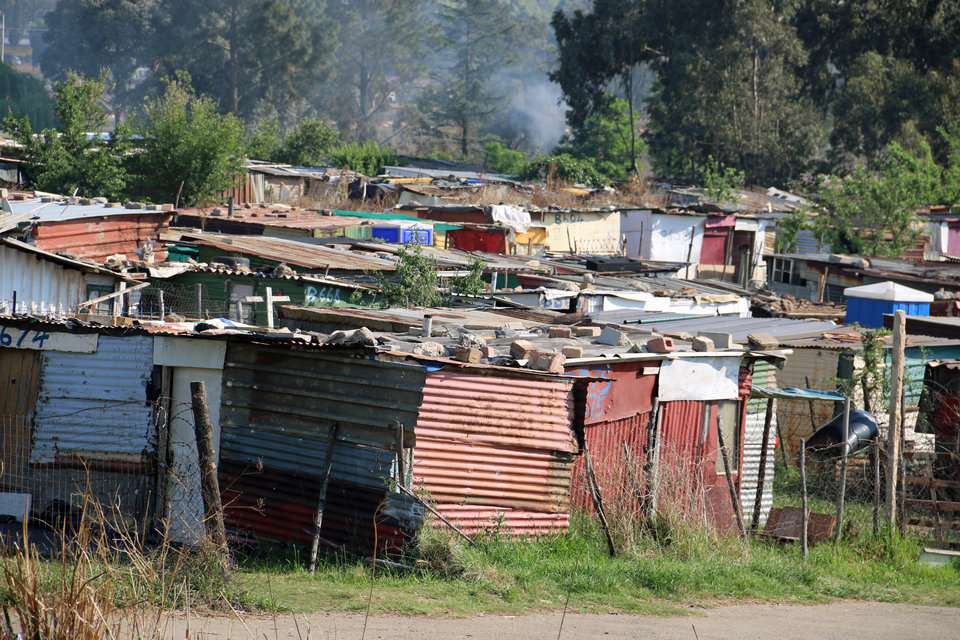The last four years, researchers from the Faculty of Technology, Policy and Management (TPM) at TU Delft have worked with colleagues from Institut Teknologi Bandung (ITB) on transdisciplinary research for the energy transition in Indonesia. Researchers Jaco Quist and Harkunti Rahayu talk about the added value of collaboration, the importance of transdisciplinary research and the interesting insights that the project has yielded. “By working together with local partners, the results land better and lead to more relevance and usability for policy and practice.”
Countries worldwide are working on the energy transition to halt greenhouse gas emissions. Some countries are further along in this regard than others. To accelerate the transition globally, knowledge exchange and cooperation between countries is crucial. That is why TU Delft joined forces with its Indonesian counterpart ITB in a research project on the energy transition in Indonesia. Harkunti Rahayu, associate professor at ITB, explains how the collaboration came about.
Origin of collaboration
“In the context of a call from NWO's Merian Fund, we were looking for a Dutch partner for our research project. The aim of the project was to identify sustainable energy sources and develop implementation plans for the energy transition on the islands of Bali and Kalimantan. TU Delft was a logical partner, we share a long history of collaboration. At ITB we have a lot of expertise in the field of biomass and hydropower, but we wanted to expand our scope. From past collaborations, we knew that TU Delft has a lot of knowledge in the field of wind and solar energy and its storage. Just like us, they also have experience with energy planning. We wanted to combine that knowledge.”
Transdisciplinary approach
ITB's request ended up on the desk of professor Kornelis Blok and assistant professor Jaco Quist. Quist: “We were immediately enthusiastic. The project fits perfectly with our expertise. The renewable energy transition requires a socio-technical systems and multi-actor approach: you must not only look at technological possibilities, but also at organisations, legislation and regulations, political decision-making, their implementation and social acceptance. At TPM we have a lot of experience in transdisciplinary collaboration with stakeholders. We also have the knowledge to use system integration models to arrive at scenarios and roadmaps for Net-Zero Emission futures.”
National part added
In ITB's original proposal, the focus was on Kalimantan and Bali. The national level has been added by TU Delft. Quist explains why. “To make optimal use of the renewable energy potentials, you cannot limit yourself to a regional view. Per island there are large differences in population density, available renewable energy sources and space. If you want to solve challenges, such as too little space and high demand like on Java, you have to look beyond specific islands. That is why we decided that in addition to regional plans, we also wanted to develop scenarios for the national electricity system. The starting point was that the transition would contribute to economic development and a significant reduction in CO₂ emissions and be supported by a broad group of stakeholders.”
Importance of physical meetings
After approval of the research proposal, the project started in October 2020. However, the start was very different than expected, says Quist. “We would have preferred to travel to Indonesia for the kick-off, but corona threw a spanner in the works. This forced us to do everything online for two years. That worked, but was not ideal. If you can meet and discuss physically, you get a better sense of what are underlying views and ideas with your conversation partners and what the core issues and challenges are regarding both the problem and possible solutions. This leads to a better collaboration and understanding, and contributes to better results and insights.”
Visit at the right time
After two years, the first trip to Indonesia could finally take place. Quist: “We had in-depth discussions with ITB colleagues and workshops and meetings with relevant stakeholders, such as ministries, the energy council and the national electricity company, PLN. These sessions also provided input for the system integration model for sustainable electricity. Coincidentally, our visit coincided with a G20 summit in Bali and the Indonesian government's decision on the national target of Net-Zero Emissions by 2060. We noticed that this made stakeholders very interested in talking to us.”
Knowledge is there, momentum not yet
Although Indonesia is still behind many Western countries in terms of implementation of the energy transition, this does not mean that the country lacks knowledge and ideas, according to Quist. “I was impressed by the knowledge and awareness that already exists, both among researchers and stakeholders. The problem is that only a rather small group works on the energy transition. To take necessary steps, broader transfer of knowledge, skills and competencies is needed. In addition, there are challenges in the field of policy development and in changing institutions and regulations. In addition to the national government, you also need to have regional and local governments on board. That is quite complex with a coal lobby that has a lot of influence in politics.”
Capacity building
In the context of capacity building and knowledge exchange, TU Delft organized a training program in Delft in the autumn of 2023. Rahayu: “For two weeks, a group of junior researchers from ITB received lectures and training on, among other things, the technical side and the modelling side of the energy transition. In the second week, senior researchers from the project also came to Delft for an international symposium and project meetings. Also, through the Capita Selecta course on Energy Transition in 2023 and 2024, we shared our new findings with our students, researchers and collaborators from national institutions related to energy transition . The plan is to continue this course.”
Potentially interesting sources
The research project – which will be completed at the end of 2024 – has yielded a number of interesting insights, according to Quist. “We have, among other things, gained a much better picture of relevant renewable energy sources and their distribution across Indonesia. There is high potential for generating solar energy, both on land and with floating solar panels. The same is true for wind energy, although the wind around the islands in Indonesia is less than on the North Sea. Other well-known sources are hydropower, biomass and geothermal energy. In addition, ocean energy is promising for the further away future, especially Ocean Thermal Energy Conversion (OTEC).”
Connecting islands
For each source, the price per location was examined on the basis of technical-economic analysis, Quist continues. “We also concluded that the energy transition can be achieved faster and cheaper by connecting the power grids between islands. For example, Kalimantan, where a lot of renewable electricity can be generated more affordable and easily, can become an important electricity supplier for densely populated Java, where there is insufficient space for generating the required renewable electricity.”
Real-world use by policymakers
The results of the Bali case study have been presented to the island's governor, Rahayu says. “We have done this in the form of a white paper with basic guidelines. This is now used as a policy document for energy planning in Bali. That is of course a wonderful result. Research only has a real impact when it is translated into policy and thus finds its way into society. We also received a lot of appreciation from stakeholders at the national level, such as the Energy Council. They have indicated that they also want to be involved in follow-up projects.” The scenario and roadmap results for the South Kalimantan case study are also used in the province’s energy planning process.
Gaining hands-on knowledge and experience
Although TU Delft and ITB collaborated on many projects in the past, this project was different in several respects, according to Rahayu. “What made it unique is that we have now worked on practical cases and with stakeholders, a transdisciplinary approach. We have gained hands-on knowledge and experience and brought this to places where the results need to be implemented. This is really an enormous added value of our collaboration. I also noticed that we share the same background and passion with the Delft researchers. That created a click.”
Local knowledge and connections
Quist also looks back on the collaboration on the project with great satisfaction. “If you want to understand the context situation in another country, it is essential to do the project together with a research partner from the country itself. Especially because of the local knowledge and contacts. It also ensures that results are better received by the relevant stakeholders. In addition, the involvement of TU Delft | Global Initiative was important for networking and communication. They have a lot of experience in cooperation with countries outside the Western context, which was important for continuing the collaboration in the INUCoST program.”
Continuation of collaboration
In the INUCoST program, TU Delft and ITB, together with four other universities from Indonesia and Leiden and Erasmus university as part of the Leiden Delft Erasmus (LDE) collaboration, will continue to work on projects involving sustainable energy, urban biodiversity and smart cities, focussing on the new capital of Indonesia in Kalimantan. Quist: “That is an important follow-up of the current project and the contacts we have built up in Indonesia. We will also develop more collaboration with PLN. In May we signed a cooperation agreement with a PLN delegation at the Indonesian embassy in The Hague. They also visited TPM and the power labs at the Faculty of Electrical Engineering, Mathematics and Computer Science (EEMCS). It's great to see what a research project can lead to.”
[Involved researchers]
The research team at TU Delft involved the following researchers:
- Dr. Prof. Kornelis Blok, emeritus professor of Energy Systems Analysis
- Dr. Jaco Quist, associate professor at the Energy and Industry Group at TPM
- Dr. Olivier Hoes, researcher in water management
- Dr. Jannis Langer, defended his PhD thesis cum laude on the energy transition in Indonesia in June 2024 and is a Delft Global Fellow now
- Dr. Indra al Irsyad and Dr. Abidah Setyowati worked on the project as postdocs
Dr. Harkunti Rahayu was the Principal Investigator at IT Bandung, where also seven senior researchers and ten junior researchers were involved. More information and publications can be found on the website of the project: Indonesia Regional Energy Transition TU Delft.
Global Research Areas
| Health | |
| Water | |
| Energy | |
| Disaster Resilience and Response | |
| Urbanisation |
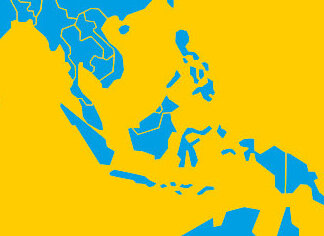

| Partner |
| Institut Teknologi Bandung (ITB) Perusahaan Listrik Negara (PLN) |
